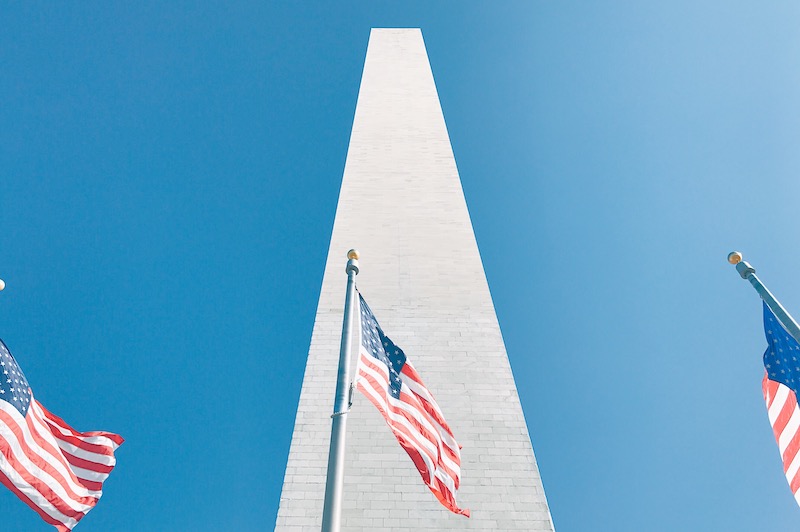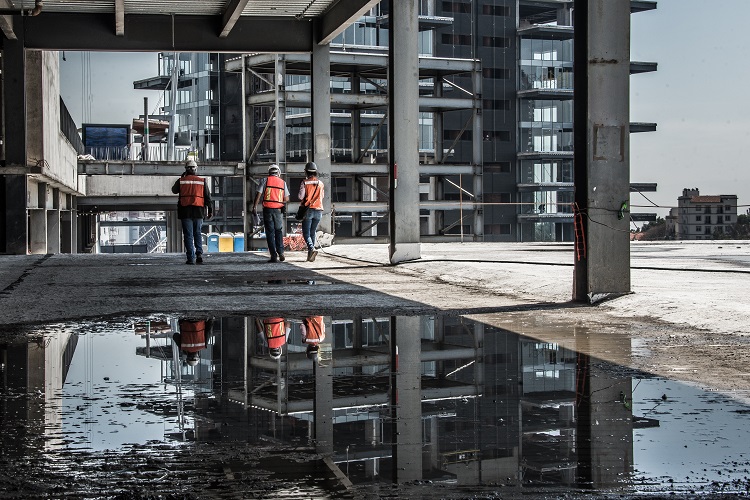Amidst a global pandemic and an economic recession, the American people are in need. Not just for human connection but also public assistance. Stimulus checks and unemployment benefits have led to mixed results and polarization threatens any further federal aid. It is time that we begin finding more resources for rebuilding our economy and our communities. In the aftermath of the COVID-19 pandemic, Americans are going to need something more than standard forms of welfare. They are going to need public libraries.
The necessity of libraries has long been a subject of debate during times of disaster. In 1933 during the middle of the Great Depression, the case for the continuation of libraries was argued before the Council of the American Library Association. Michael F. Gallagher, a library official, contended that it is during times of economic uncertainty that libraries are needed to sustain American democracy. The official purpose of the library is to provide programing and a collection of intellectual resources to enrich democratic participation. The de facto purpose of libraries across the country is to meet the practical and intellectual needs of their communities, however unique.
Public libraries are both local and universal in their purpose and operations. They were born out of the democratic idea that everyone should have access to educational resources. They have even come to transcend public schools in educating the American public because they serve patrons of all ages. Enrollment requires nothing more than a library card and access to the building is open and free even without membership. They are frequented by the proletariat and bourgeoisie alike. Despite these universal ideals represented in American libraries, they operate within the particular contexts and interests of their communities. American libraries are as diverse as the people who use them.
In contrast to public libraries, the welfare system plays a much less idyllic role in American society. The contemporary welfare system takes dignity in exchange for subsidies. Clifford Orwin, professor of political science at the University of Toronto, writes that the modern welfare system has been built around a new liberal conception of dignity. It is a conception that suggests that all peoples are entitled to a dignified standard of living. Yet, the modern welfare system does anything but grant dignity to its recipients. It is designed to shame the very people it is supposed to serve. Welfare recipients are reduced to numbers and demographics when they enroll in any of its complex systems. Welfare embodies the alienation present in our modern society. American public assistance programs isolate people from their groups. They take away any sense of belonging or involvement on the part of the helper or the helped.
What should be a step ladder has become a sinkhole to keep people where they are. Far too many people struggle to move forward once they have entered the welfare system. 43 percent of Americans enrolled in welfare remain in the system for at least three years. This is for both practical and philosophical reasons. Many of the jobs available to recipients of welfare do not provide the opportunity to move upward and gain the skills necessary for higher paying jobs. A system like this cannot, and does not, lead to the human flourishing made possible by a democratic society.
In my own experience with both the welfare system and the public library, I have seen the difference in dignity firsthand. The welfare system treated me like a data point, a dependent worth roughly $748 a year. The library treated me as a full person and gave me dignity. There is a dramatic difference between pulling out a card for food stamps and pulling out your library card. One causes a rush of shame and feeling of difference between you and society, the latter makes you feel like everyone else. When the library doesn’t have the resources patrons need, it does not turn them away like many bureaucracies do. The librarians will connect those in need with a shelter, non-profit, religious institution, or government entity when the library cannot help them. Many libraries have set up informal food pantries or community funds for their patrons. Libraries make better citizens both by helping people navigate complex resources and programs, as well as offer a collection of educational resources to explore the meaning of life, the universe, and everything in between.
The only government institution with the same level of diversity in its patronage is the DMV. But, of course, people like going to the library but hate going to the DMV. Libraries are a third place—a location between the first place of home and the second place of work. Third places are often associated with civic engagement and democracy. Zadie Smith from The New York Review of Books describes libraries as “the only thing left on the high street that doesn’t want either your soul or your wallet.” The library is for everyone. Libraries don’t just connect us with information; they bring us into community with others. Economist Raj Chetty argues that two of the factors limiting upward mobility in America are residential segregation and a lack of social capital. Local libraries are unique in that citizens from across the socio-economic spectrum frequent public libraries. Within the stacks you will find political, social, intellectual, and economic diversity.
Libraries are also embedded in their communities. During the Chicago heatwave, the communities near a library had fewer deaths from heat exhaustion. Eric Klinenberg in his book Heat Wave: A Social Autopsy of Disaster in Chicago explores what distinguishes communities during times of disaster. Klinenberg finds that libraries actually saved the lives of people in their communities by providing them with free access to air conditioned space and because they had the local knowledge of which patrons would need to be contacted based on the librarians’ familiarity with their community. People are more comfortable going to their local library for assistance than any other institutions around them.
There is a time and place for welfare in our society, but before turning solely to conventional public assistance programs to recover from the aftermath of COVID-19, Americans should turn to their local libraries. Libraries work when welfare doesn’t because they connect people with their communities and treat them with respect. People of all socio-economic backgrounds are welcome to browse the selves and chat with a page or research librarian. The reason libraries work is that they treat their patrons with dignity.



